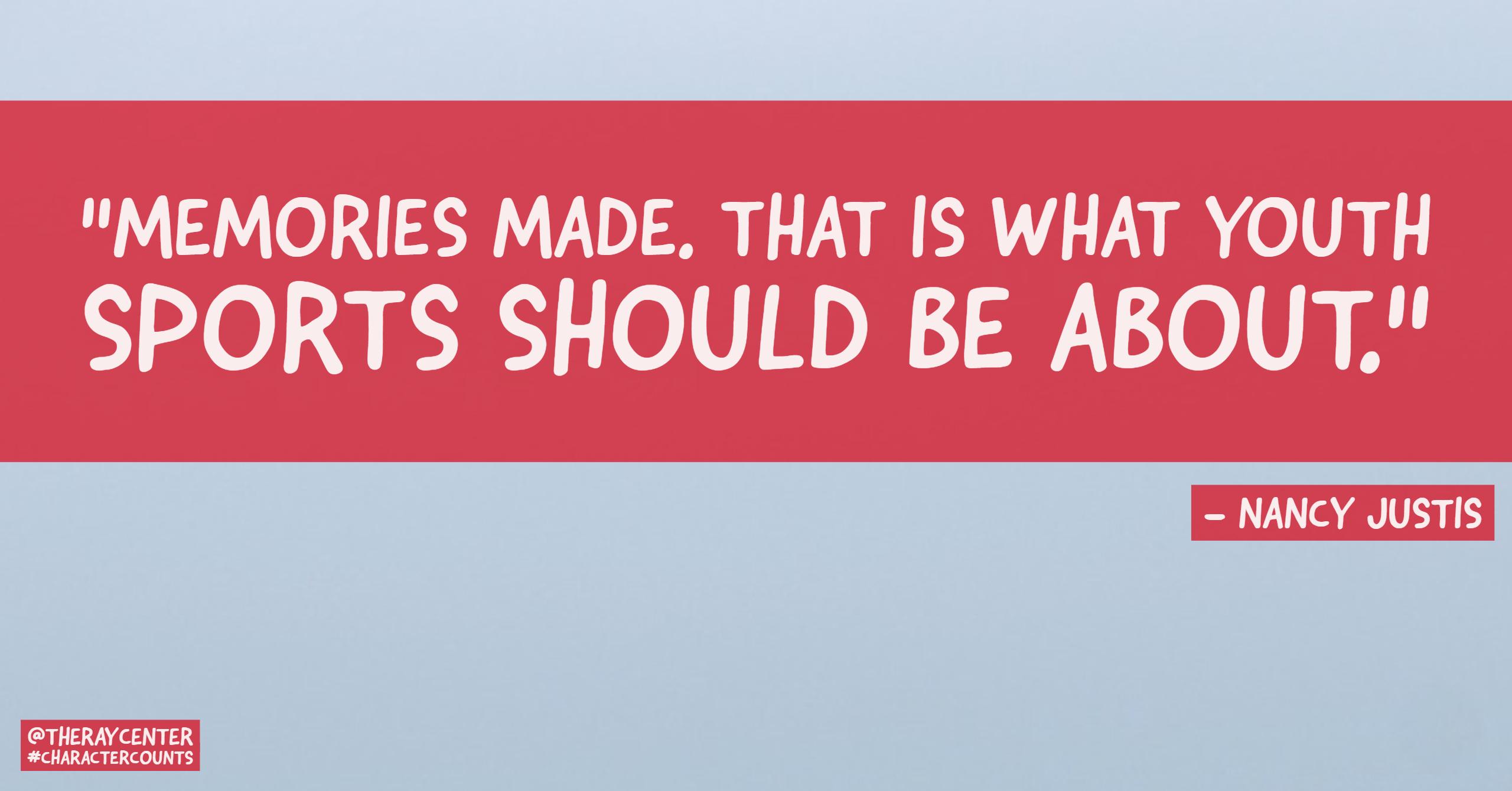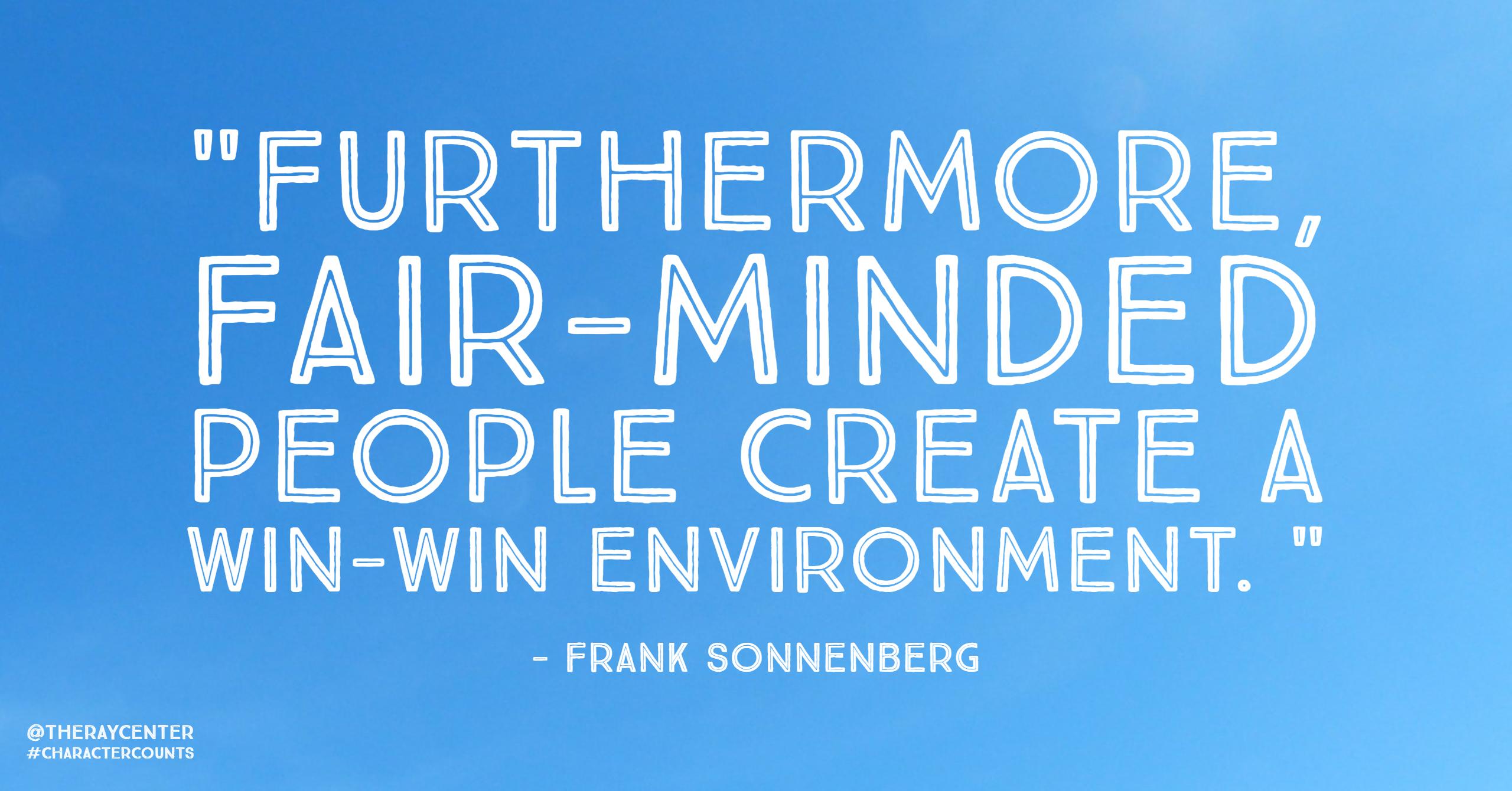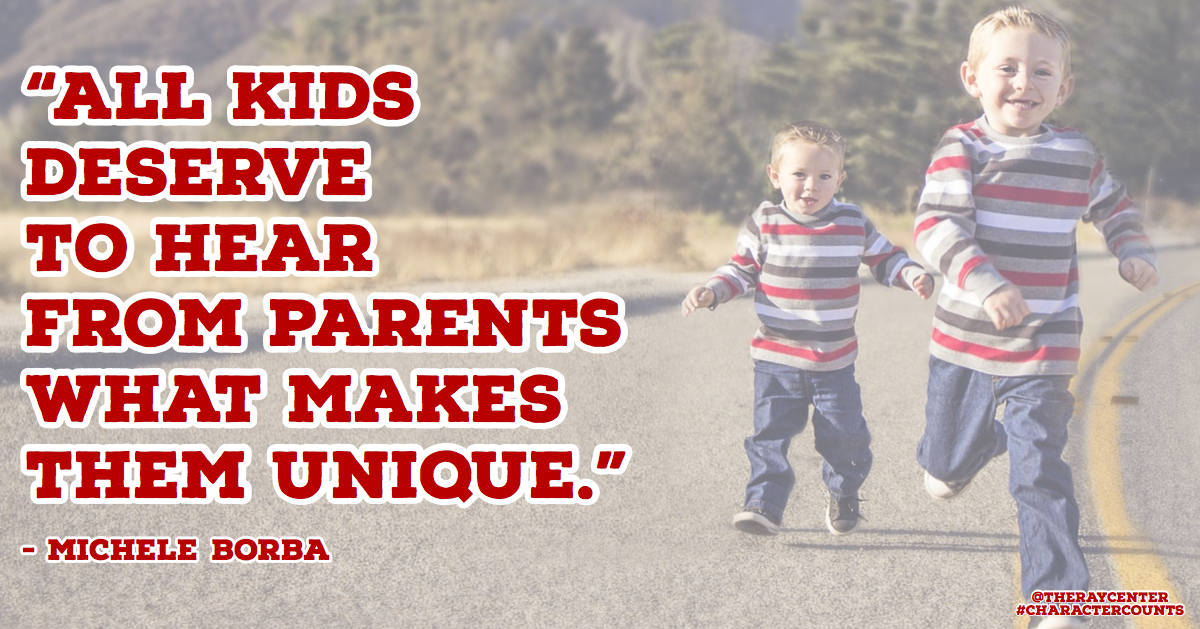Wins and losses: Not the focus

From our guest contributor, Nancy Justis.
I’ll say it again. Wins and losses should not be the most important thing to focus on in youth sports. I can’t say it often enough and my eight-year-old grandson reinforced that for me.
When Jaden played his final flag football game, the Chiefs lost. They had a relatively successful season and he and his teammates had fun. When the game was over, Jaden came over to the sidelines carrying his Gatorade and post-game snack to meet his family with tears in his eyes. We thought he was upset because they had lost their game.
All of us tried to booster his spirits by pointing out to him that he played well, that he scored a touchdown, intercepted a pass, had a knockdown and grabbed a few flags. He didn’t want to hear it.
“I don’t want this to be our last game,” he sobbed. “I’m going to miss all my teammates. I won’t get to see them again.”
Aaah. Jaden wants to win as much as the next kid playing, but he was most upset because he had built friendships with the other members of his team.
His mom gave him a big hug and told him, “Jaden, I promise you will see your teammates again. I have all their moms’ phone numbers and we can call them so you can get together. I promise.” With that, he stepped away so he could join his team for one more group picture. Still with tears in his eyes, but feeling a bit better.
Memories made. THAT is what youth sports should be about. At least for this one particular season, the city’s recreation program succeeded in providing a good experience for at least one little boy.
The National Recreation and Park Association recently collaborated with Dr. Daniel F. Perkins, associate professor of family and youth resiliency and policy at Pennsylvania State, and Ann Michelle Daniels, assistant professor of family and youth development at South Dakota State, to feature “Putting Youth Back Into Sports” as part of the Sports Illustrated GOOD SPORTS Activation Kit.
The materials have been adapted from a training curriculum created for extension educators and sports organizations. It contains hand-outs and other educational materials. It is available for sale from the South Dakota Cooperative Extension Service here.
This Community Guide states the following:
- “Everyone plays a role in making youth sports a positive community resource.”
- “Youth can make sports more positive by showing good sportsmanship and focusing on mastering skills.”
- “Parents can help make sports a positive experience by supporting the youth and the coach. This includes being an appropriate spectator, letting the coach be the coach and encouraging kids to have fun!”
- “Coaches can help by promoting coach/parents and coach/child relationships. Coaches need to be able to communicate effectively, understand conflict resolution and remember when it comes to sports, kids’ number one priority is having fun!”
Additional information in the guide includes the following goals for an effective youth sports program:
- Ensure that young players can experience success in learning the skills of the sport.
- Provide and environment that nurtures the youths’ physical and emotional well-being.
- Provide an atmosphere in which young athletes can raise their self-worth.
- Maintain healthy attitudes that don’t emphasize winning at all costs, but that emphasize personal improvement.
- Let the youth have FUN!
- Spectators should applaud and cheer for everyone, not just your child or his or her team. Spectators should keep cool and avoid spectator rage.
Drawing from a book sponsored by the National Research Council and the Institute of Medicine, Dr. Perkins identified 10 critical items in achieving a quality youth sports program.
- Physical and psychological safety.
- Appropriate structure. The program has clear rules, expectations and responsibilities of youth, parents, coaches, officials and sport organizers.
- Supportive relationships. Adults and youth are able to establish trusted connections.
- Opportunities to belong. The program fosters friendships and provides youth with a sense of a positive group experience.
- Positive social norms.
- Support for efficacy and mattering. The program provides youth the opportunity to be useful and to make a difference in their social worlds.
- Opportunities for skill building.
- Active learning.
- Opportunities for recognition. Players are acknowledged for their contributions.
- Integration of family, school and community efforts.
Jaden is in the early years of making lifelong friends through sports. This is just one reason why he shouldn’t trade his sports experience for anything in the world.
 Nancy Justis has over 40 years of journalistic experience ranging from newspaper and magazine writing and editing, to collegiate public relations. At a time when women were a virtual non-entity in the athletics media relations field, she blazed the trail. She has over 30 years of experience in the promotion of sports teams and working with student-athletes. She was Sports Information Director/Assistant Athletics Director for Media Relations at the University of Northern Iowa for most of those years, publicizing the Panthers’ nationally-recognized men’s basketball and football teams. She is a member of the Cedar Valley Character Counts Committee and serves on the board of the Cedar Valley Sports Commission. She freelance writes for various publications.
Nancy Justis has over 40 years of journalistic experience ranging from newspaper and magazine writing and editing, to collegiate public relations. At a time when women were a virtual non-entity in the athletics media relations field, she blazed the trail. She has over 30 years of experience in the promotion of sports teams and working with student-athletes. She was Sports Information Director/Assistant Athletics Director for Media Relations at the University of Northern Iowa for most of those years, publicizing the Panthers’ nationally-recognized men’s basketball and football teams. She is a member of the Cedar Valley Character Counts Committee and serves on the board of the Cedar Valley Sports Commission. She freelance writes for various publications.





